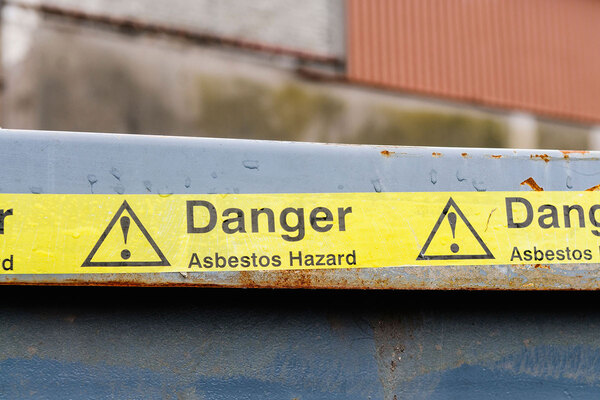Government should adopt ‘war effort’ on energy efficiency in homes, say MPs
The government should adopt a target to deliver one million energy-efficiency improvements to homes a year in England by 2025 and adopt a “war effort” push on energy efficiency, MPs have said.
A report published today by the Environmental Audit Committee said those in fuel poverty “cannot afford three winters of delay” and said it was “a false economy” to hold back a promised £6bn for investment in energy-efficiency measures.
The cross-party committee, chaired by Conservative MP Philip Dunne, also said the government should adopt interim targets to set a pathway to ensuring all homes in England reach an Energy Performance Certificate (EPC) rating of C by 2035.
Currently more than 13 million homes – 59% of the total domestic stock – sit below this threshold, which is believed to massively increase the demand for home heating and consequently fuel poverty and carbon emissions.
However, it added that poor implementation of prior schemes “has undermined confidence among consumers and contractors”.
“The Green Deal [an energy efficiency scheme for homeowners in the early 2010s] failed to offer sufficiently attractive loans to incentivise large-scale take-up,” the report said.
“More recently, the Green Homes Grant [a voucher scheme for homeowners and residential landlords] was administered shambolically. The scale of the current fossil fuel price shock crisis requires a rapid acceleration of energy-efficiency measures and a commitment to effective delivery.”
It added: “We recommend that the government set a target to build capacity in the energy efficiency sector, with an objective to deliver at least one million installations a year by 2025 and 2.5 million a year by the end of the decade.”
It said the number of retrofits being carried out currently “compares poorly” with a decade ago: contrasting the most recent five-month period between April and August when 31,000 upgrades took place with the same period in 2014 when 288,000 installations took place.
Saying the promised £6bn of funding should be made available as soon as possible, it said: “The extra money promised on energy efficiency should be brought forward now to fulfil the government’s manifesto commitment, not begin to be spent after a two-year interval. We recommend that the government launch a national ‘war effort’ push on energy saving and efficiency.”
It also called “measures to incentivise energy efficiency improvements via the mortgage market”. A consultation on this issue closed 18 months ago, but a response has not yet been published.
“We are disappointed at this delay and recommend that the department now fast track its response to that consultation and publish detailed policy proposals on green mortgages not later than the end of February 2023,” the committee said.
The committee’s report came days after research by the University of Cambridge revealed that the fall in gas consumption for households following the installation of loft and cavity wall insulation was small, with all energy savings disappearing by the fourth year after it had been fitted.
Buildings are decarbonised by the removal of a fossil fuel heating system, typically a gas boiler, and is replaced with a device that can be powered by renewable energy, such as a heat pump.
However, current heat pump technology requires many properties to be better insulated before they can transition away from fossil fuels.
Higher temperature heat pumps, which can provide similar levels of heat to a traditional gas boiler, have entered the market in some European countries, but their availability is currently limited, costs are high and they would cause bills to rise in the current market.
A government spokesperson said: “The government has committed £6.6bn this parliament and a further £6bn to 2028 to make buildings more energy efficient. We have also launched a new energy saving campaign, raising awareness of simple actions people can take to bring down the amount of energy needed to keep homes warm this winter.
“Our British Energy Security Strategy sets out our plan to supercharge our domestic renewable energy and nuclear capacity, as well as supporting our North Sea oil and gas industry as we transition to lower carbon energy.”
Sign up for our asset management newsletter
Already have an account? Click here to manage your newsletters












